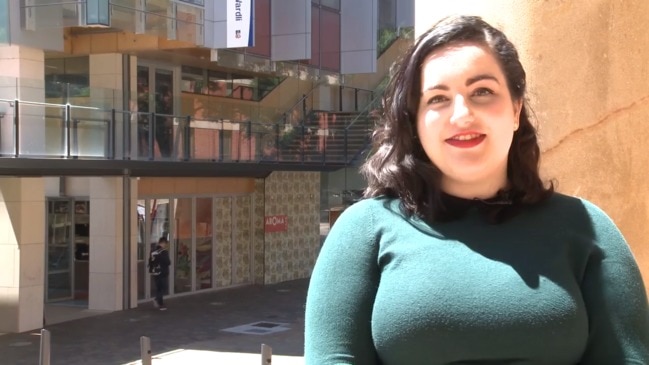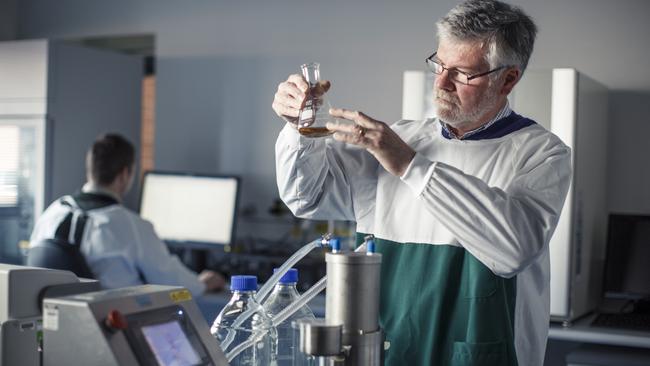University of Adelaide researchers create more potent vaccine to fight pneumonia
A more potent vaccine against the “biggest bacterial killer on the planet”, created by a team of Adelaide University researchers, is one step closer to fighting the global problem of antibiotic resistance.

SA News
Don't miss out on the headlines from SA News. Followed categories will be added to My News.
- SA students increasingly want to study health-related fields
- Adelaide Uni to grow international student numbers more than 10k
- Full list: Almost 15,000 university offers for SA students
A more potent vaccine against the “biggest bacterial killer on the planet”, created by a team of Adelaide University researchers, is one step closer to fighting the global problem of antibiotic resistance.
Streptococcus pneumoniae is responsible for the life-threatening infections of pneumonia, sepsis and meningitis which cause about two million deaths annually.
“It is the biggest bacterial killer on the planet,” Professor James Paton, director of the university’s research centre for infectious diseases, told the Sunday Mail.
“Pneumonia alone is responsible for about 20 per cent of deaths in children under five years in developing countries.”
There are currently two pneumococcal vaccines – one covering 13 strains of the bacteria and another safeguarding against 23.
Prof Paton said the new vaccine, called Gamma-PN, would cover all 98 types of the bacteria and had been a work in progress for the past several years.

“It will help just about anybody, from newborn babies to the elderly and at-risk groups, because the vaccine can cover all types of the pneumococci and all range of related illnesses,” he said.
Streptococcus pneumoniae is one of the most prevalent bacteria in the world and is also responsible for the common childhood illness of ear infections habitually treated with antibiotics, in turn contributing to increasing bacterial resistance.
Tens of thousands of South Australian children suffer ear infections each year and many are prescribed Amoxicillin – a penicillin-based antibiotic becoming less effective against bacteria.
“Vaccinating people against Streptococcus pneumoniae would help ameliorate the global challenge of increasing bacterial resistance to antibiotics,” Prof Paton said.
The existing 13-strain vaccine (called Prevenar) is free under the National Immunisation Program (NIP) for infants and is administered to about 19,000 South Australian babies each year at two, four and 12 months.
The other vaccine (called Pneumovax) is used to immunise older people and those in higher risk groups.
Adelaide based GPN Vaccines, created 16 months ago to commercialise the new Gamma-PN vaccine, has just secured $1.1 million from local and international investors and grants to complete preclinical trial work in readiness for testing in human clinical trials.
It is hoped human clinical trials could begin in 2020 and the product be available for use after 2024.
Streptococcus pneumoniae bacteria, or pneumococcus, can cause:
● Pneumonia
● Meningitis (swelling and infection of the brain)
● Sepsis (bloodstream infections)
● Middle ear infections
● Sinus infections
● It can spread when an infected person sneezes or coughs, and by kissing
● Can be prevented by a vaccine
Those at greatest risk are;
● Young children
● People aged over 65
● Aboriginal and Torres Strait Islander people
● People with medical conditions including, diabetes and cancer


